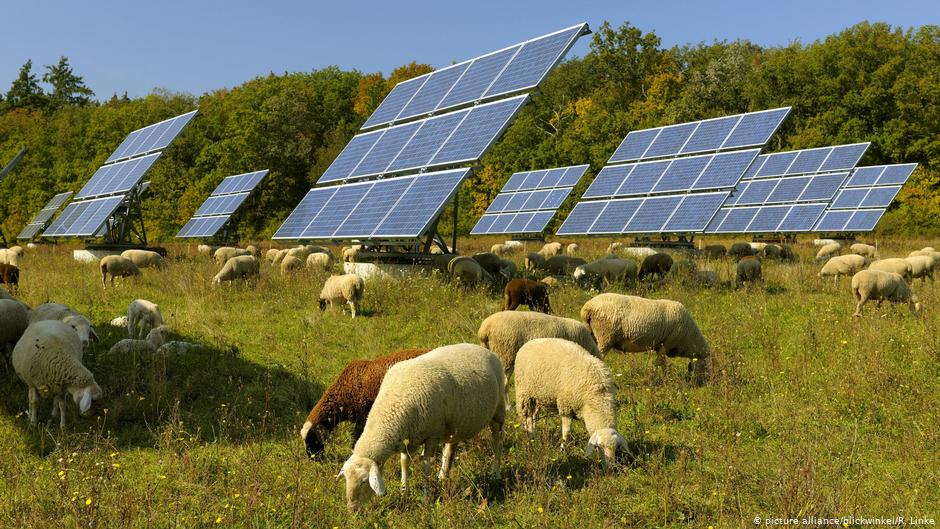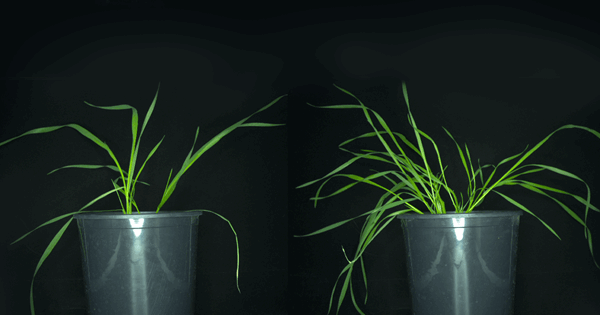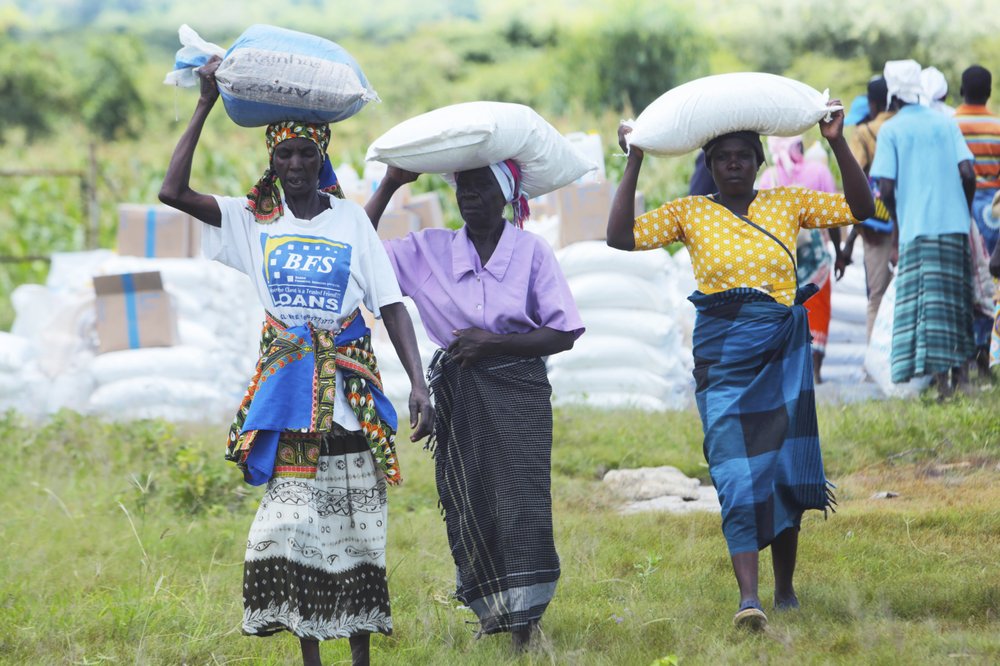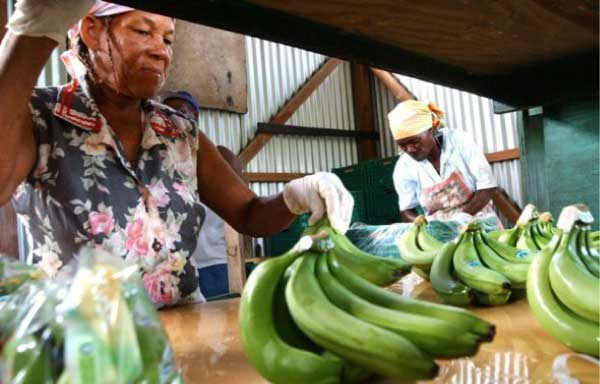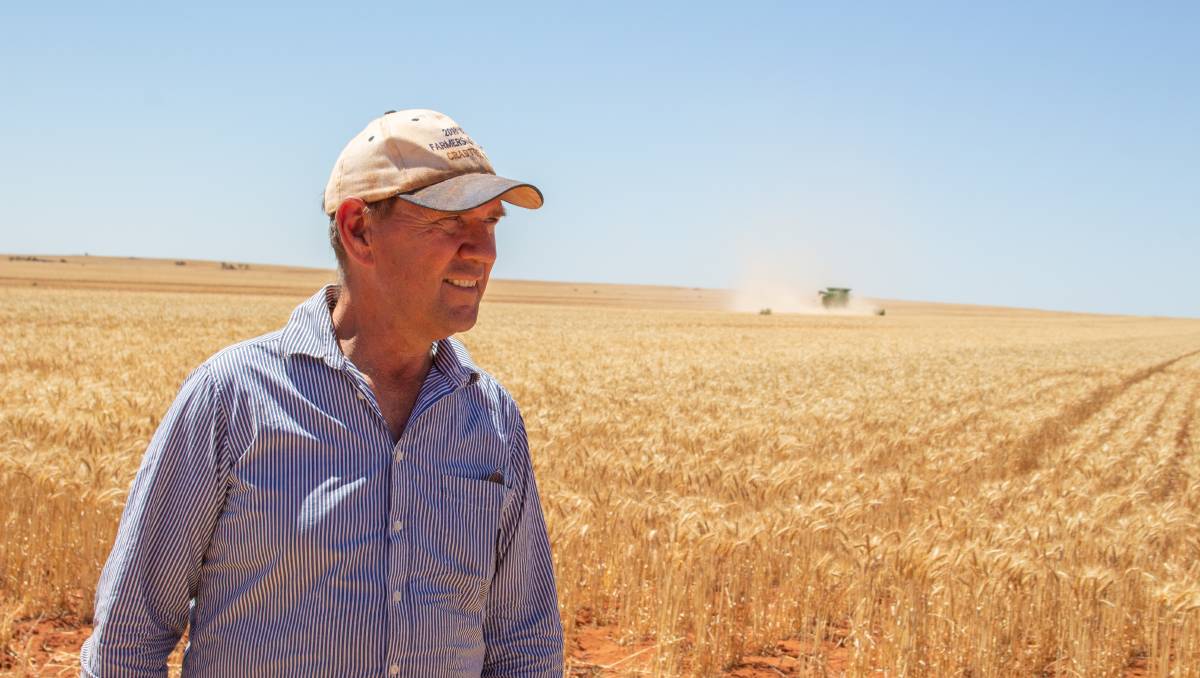 John LaRose Jr.
John LaRose Jr.
Topics: Corn/Maize, Soil Health, Crop Consultant, Economics, Sustainability, Research, USDA, World Population, Regenerative Agriculture,
-
(0)
-
Bookmark
- Comments (0)
 John LaRose Jr.
John LaRose Jr.
Topics: Livestock/Meat, Lamb/Sheep, Economics, Sustainability, Ag Europe, World Population, Regenerative Agriculture, Renewable Energy (Solar/Wind),
EU agriculture policy: What are the bones of contention?
The EU has been trying to reform its agricultural policy for years. It's one of the bloc's most contentious issues, with member states, lobby groups and environmentalist all trying to sway the debate. Here's an overview.
-
(0)
-
Bookmark
- Comments (0)
 John LaRose Jr.
John LaRose Jr.
Topics: Food/Nutrition, Research, World Hunger, Government / Policies, World Population, Coronavirus/COVID,
The coronavirus pandemic: A threat to food security
For years, the Global Hunger Index has shown global advances in combating malnutrition. But the coronavirus pandemic could undo them, according to the latest report for German aid organization Welthungerhilfe.
-
(0)
-
Bookmark
- Comments (0)
 John LaRose Jr.
John LaRose Jr.
Topics: Soil Health, Precision AG , Crop Consultant, Economics, Sustainability, Research, Ag Innovation, World Hunger, World Population, Education,
Simple Seed Coating with Peptides Leads to Big Plant Growth Improvement
Researchers at Noble are exploring the potential for native small peptides to be applied as seed coatings to enhance plant growth and return carbon back to the soil.
-
(1)
-
Bookmark
- Comments (0)
 John LaRose Jr.
John LaRose Jr.
Topics: Food/Nutrition, Sustainability, World Hunger, Ag Africa, World Population, Coronavirus/COVID,
60% of Zimbabweans face food crisis by December: UN – Nehanda Radio
About 8 million (60 %) of the Zimbabwean population is facing serious food shortages by December due to continued droughts in the country and COVID-19 pandemic that has disrupted the informal sector.
-
(0)
-
Bookmark
- Comments (0)
 John LaRose Jr.
John LaRose Jr.
Topics: Young Farmers, Economics, Aquaculture/Fish Farming, Fishing (Commercial), World Hunger, World Population,
Saint Lucia’s Women and Youth in Agri/Fisheries Small Business Sectors to be Empowered - St. Lucia News From The Voice St. Lucia
THE United Nations and Government of Japan through the United Nations Trust Fund for Human Security (UNTFHS) Wednesday launched...
-
(0)
-
Bookmark
- Comments (0)
 John LaRose Jr.
John LaRose Jr.
Topics: Sustainability, World Hunger, Government / Policies, Ag Africa, World Population,
Data-driven agric can solve food security challenge in Nigeria, others –Abdella - New Telegraph
....as Microsoft 4Africa set to modernise agriculture on continent Amrote Abdella, Regional Director, Microsoft 4Africa says one of the most prominent challenges facing Nigeria and the rest of sub-Saharan African nations is providing food security for its citizens. He noted that while many farmers still rely on…
-
(0)
-
Bookmark
- Comments (0)
 John LaRose Jr.
John LaRose Jr.
Topics: Vegetables, Fruit, Economics, Research, World Hunger, World Population, Ag Middle East,
Olive Production in Pakistan is the Next best Agricultural Solution
Olive production in Pakistan is the next best agricultural solution in order to support the cash-strapped economy of Pakistan. As per the report, Pakistan im
-
(0)
-
Bookmark
- Comments (0)
 John LaRose Jr.
John LaRose Jr.
Topics: Wheat, Crop Consultant, Water, Economics, Sustainability, Research, World Hunger, World Population, Weather,
GM wheat variety with drought tolerance
"We think that the trifecta of herbicide, drought & frost tolerance is the next quantum leap in yield."
-
(0)
-
Bookmark
- Comments (0)
10/24/2020 SOURCE: phys.org
ASPB is pleased to announce the publication of noteworthy research investigating water-saving alternatives for photosynthesis in temperate environments, which are likely to become hotter and drier in ...
Engineering drought-resistant crops with Crassulacean acid metabolism (CAM) photosynthesis
-
(0)
-
Bookmark
- Comments. (0)



